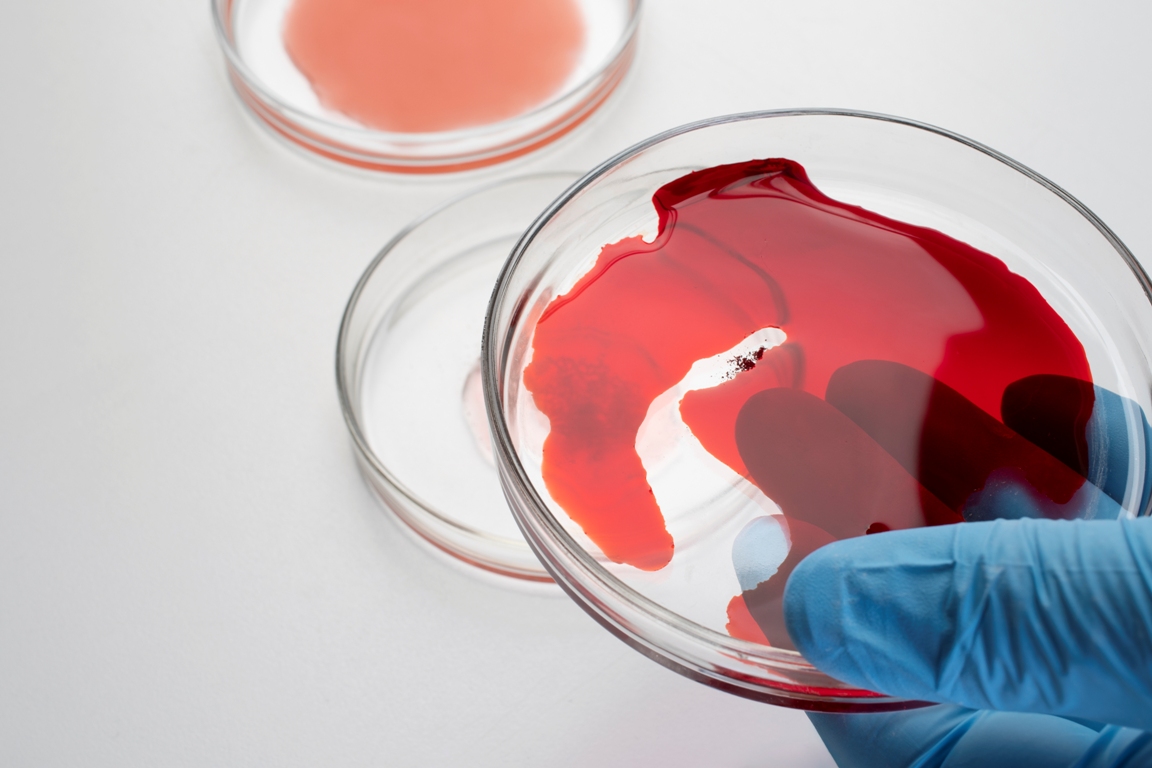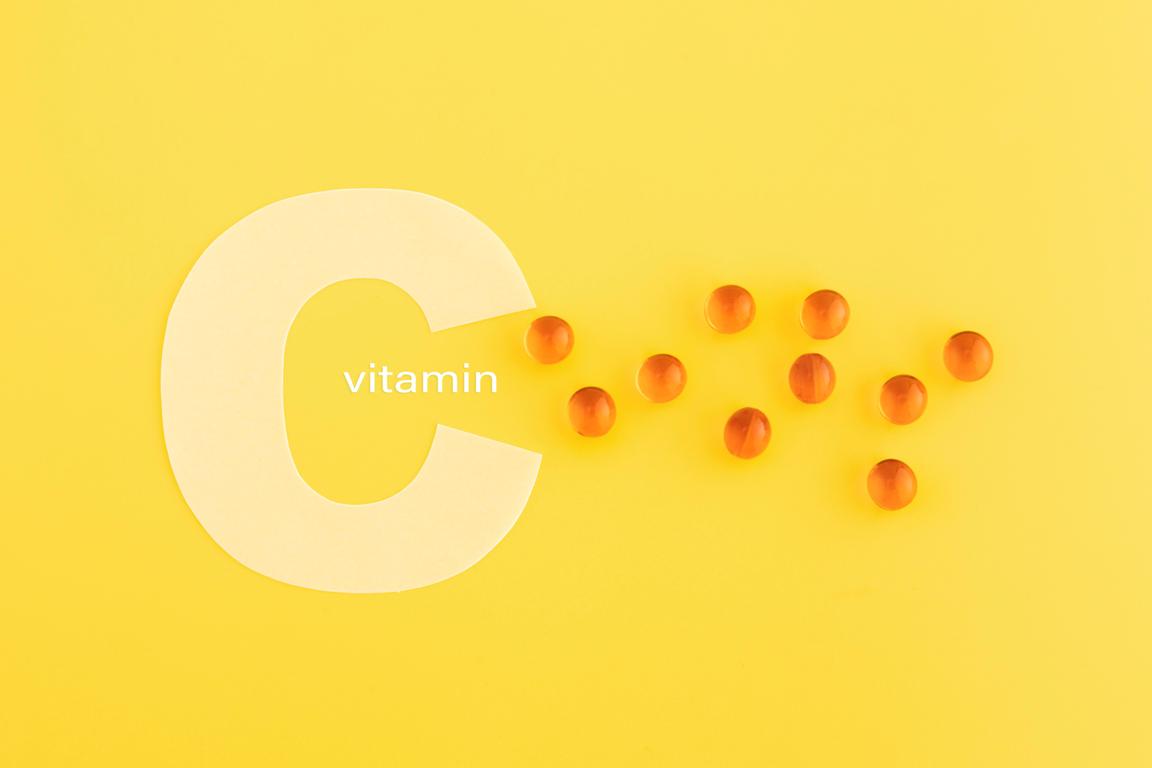The Ultimate Guide: How to Increase Oxygen in Blood with Supplements
Oxygen, crucial for overall health and well-being, plays a pivotal role in sustaining bodily functions and energy production. Ensuring optimal oxygen levels in the bloodstream is essential for maintaining vitality. In this comprehensive guide, we’ll delve into methods for increasing oxygen in the blood, particularly through the use of supplements. From understanding the significance of oxygen in blood circulation to identifying the most effective supplements for enhancing oxygenation, we’ve got you covered on how to increase oxygen in blood with supplements. Let’s dive in!
Table of Contents
- Understanding Oxygen and Its Role in Blood
- Factors Affecting Oxygen Levels in Blood
- The Role of Supplements in Increasing Oxygen Levels
- Best Supplements for Increasing Oxygen in Blood
- Tips for Maximizing Supplement Effectiveness
- Lifestyle Changes to Support Oxygen Levels
Key Takeaways:
- Understanding: Oxygen plays a crucial role in the body’s functions, and maintaining optimal levels is essential for overall health.
- Supplements: Certain supplements can help increase oxygen levels in the blood, but it’s important to consult with a healthcare professional before starting any regimen.
- Lifestyle: Incorporating regular exercise and making healthy lifestyle choices can also support oxygenation.
Understanding Oxygen and Its Role in Blood
Oxygen is a fundamental element necessary for sustaining life. In the bloodstream, it binds to hemoglobin, a protein in red blood cells, and is transported to tissues and organs throughout the body. This process, known as oxygenation, is vital for cellular respiration and energy production.
How Oxygen is Transported
Oxygen enters the body through the respiratory system, where it is absorbed by the lungs and enters the bloodstream. Hemoglobin then carries oxygen-rich blood from the lungs to the rest of the body, where it is released to nourish cells and tissues.
Importance of Oxygen Levels
Maintaining optimal oxygen levels is crucial for supporting various bodily functions, including:
- Energy production
- Brain function
- Immune system health
- Cellular repair and regeneration

Factors Affecting Oxygen Levels in Blood
Several factors can influence the levels of oxygen in the blood, including lifestyle choices and underlying medical conditions.
Lifestyle Factors
Smoking is one of the most significant contributors to decreased oxygen levels in the blood. The dangerous substances in tobacco smoke can harm the lungs, making it harder for them to take in oxygen efficiently. Additionally, a sedentary lifestyle can lead to poor circulation, limiting the delivery of oxygen-rich blood to tissues and organs. Exposure to environmental pollutants such as smog and carbon monoxide can also hinder oxygen intake.
Medical Conditions
Anemia is a condition characterized by low levels of red blood cells or hemoglobin, resulting in reduced oxygen-carrying capacity. Similarly, chronic obstructive pulmonary disease (COPD), including emphysema and chronic bronchitis, can impair lung function and hinder oxygen absorption.

The Role of Supplements in Increasing Oxygen Levels
Supplements offer a convenient and effective way to enhance oxygen levels in the blood. By providing essential nutrients and supporting physiological processes, certain supplements can optimize oxygenation and improve overall health.
How Supplements Work
Iron is a critical component of hemoglobin, the protein responsible for transporting oxygen in the blood. Iron supplements can help replenish iron stores in the body, increasing the production of hemoglobin and enhancing oxygen-carrying capacity.
Consultation with Healthcare Professional
Before incorporating any supplements into your regimen, it’s essential to consult with a healthcare professional, especially if you have underlying medical conditions or are taking medications. They can provide personalized recommendations based on your individual needs and health status.

Best Supplements for Increasing Oxygen in Blood
Several supplements have been shown to support oxygen levels in the blood and promote overall well-being. Here are some of the best options:
| Supplement | Benefits |
|---|---|
| Iron | Boosts hemoglobin production |
| Vitamin C | Enhances oxygen absorption |
| Ginseng | Improves oxygen utilization |
| Beetroot | Increases blood flow and oxygenation |
| Coenzyme Q10 (CoQ10) | Supports cellular oxygenation |
| Omega-3 Fatty Acids | Enhances oxygen transport |
Tips for Maximizing Supplement Effectiveness
While supplements can be beneficial for increasing oxygen levels in the blood, it’s essential to maximize their effectiveness through proper usage and lifestyle choices.
Proper Dosage and Frequency
Ensuring that you take the correct dosage of supplements and adhere to the recommended frequency is crucial for achieving optimal results. Consult the product label or your healthcare provider for guidance on dosage instructions.
Balanced Diet
Incorporating oxygen-boosting supplements into a balanced diet rich in fruits, vegetables, and whole grains can further support oxygenation and overall health. Nutrient-rich foods offer vital vitamins and minerals that enhance the effects of supplements, thereby complementing their benefits.

Lifestyle Changes to Support Oxygen Levels
In addition to supplementation, making positive lifestyle changes can significantly impact oxygen levels in the blood and improve overall well-being.
Regular Exercise
Engaging in regular physical activity, such as aerobic exercises, can enhance lung function and promote efficient oxygen circulation throughout the body. Exercise also stimulates the production of red blood cells, further supporting oxygenation.
Smoking Cessation
Quitting smoking is one of the most effective ways to improve oxygen levels in the blood. Cutting out exposure to harmful chemicals in tobacco smoke can not only help restore lung health but also enhance oxygen absorption.

Stress Reduction
Practicing stress-reducing techniques such as meditation, yoga, or deep breathing exercises can promote relaxation and improve oxygenation. Reducing stress levels can also enhance overall health and well-being.
Frequently Asked Questions
How long does it take for supplements to increase oxygen levels in the blood?
The time it takes for supplements to increase oxygen levels in the blood can vary depending on various factors, including the type of supplement, dosage, and individual health status. In general, you might notice improvements within a few weeks of consistently taking supplements, but make sure to consult with a healthcare professional for personalized guidance.
Can I overdose on oxygen-boosting supplements?
While oxygen-boosting supplements can be beneficial when taken as directed, consuming excessive amounts can lead to adverse effects. It’s crucial to follow the recommended dosage instructions provided by the manufacturer or your healthcare provider to avoid overdose. If you experience any concerning symptoms, such as nausea, vomiting, or dizziness, seek medical attention immediately.
Are there any natural ways to increase oxygen levels without supplements?
Yes, several natural strategies can help increase oxygen levels in the blood without the use of supplements. These include engaging in regular exercise, practicing deep breathing exercises, maintaining a healthy diet rich in oxygen-promoting nutrients, staying hydrated, and avoiding exposure to environmental pollutants. Incorporating these lifestyle habits can support overall health and enhance oxygenation.
Are there any side effects associated with oxygen-enhancing supplements?
Can oxygen supplements help with altitude sickness?
Oxygen supplements might temporarily ease symptoms of altitude sickness, like headaches, tiredness, and difficulty breathing. However, oxygen supplements do not replace acclimatization and should be combined with other measures to prevent altitude sickness, such as gradually ascending, staying hydrated, and resting. It’s crucial to consult with a healthcare professional for personalized advice on managing altitude sickness.






